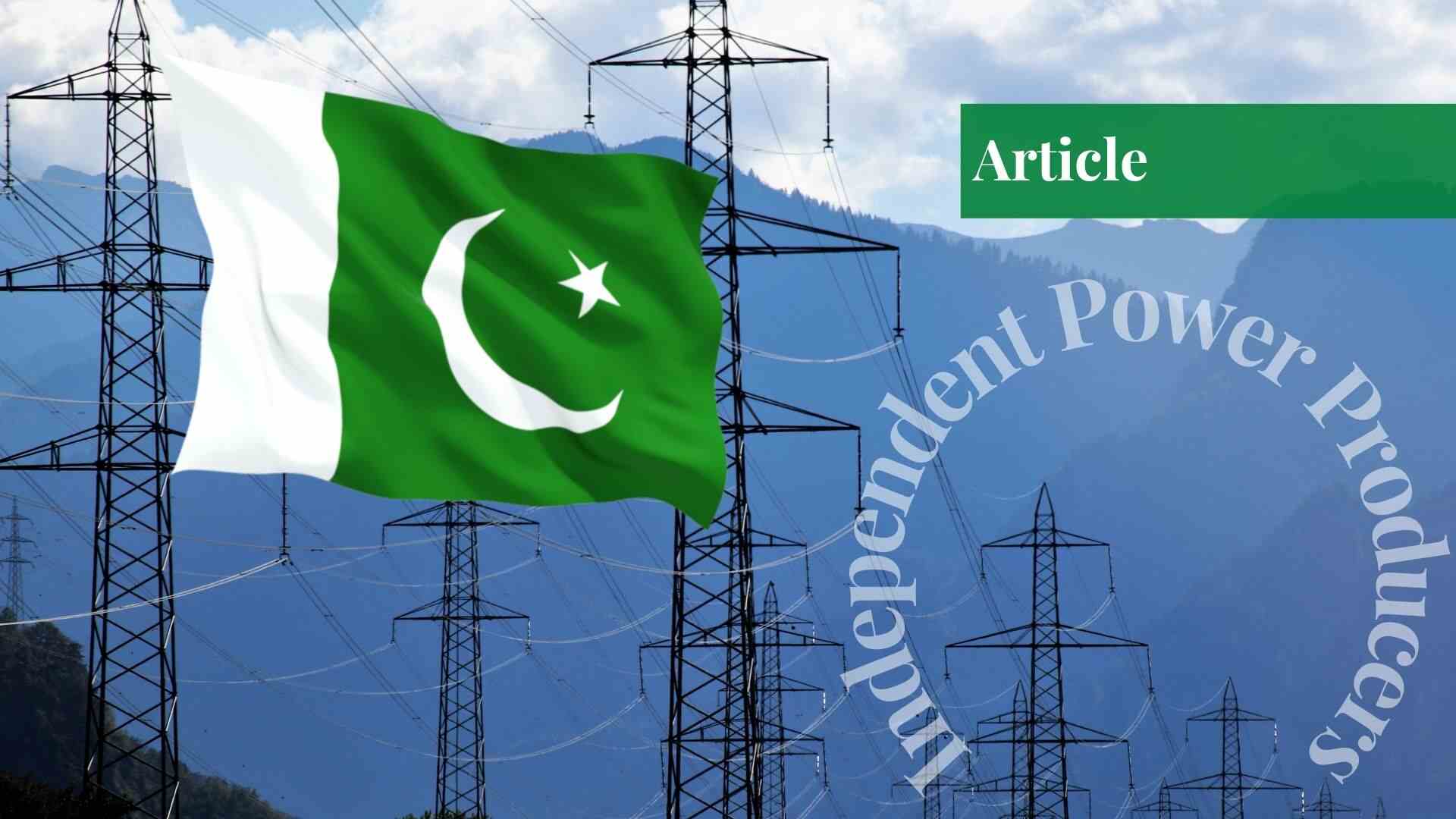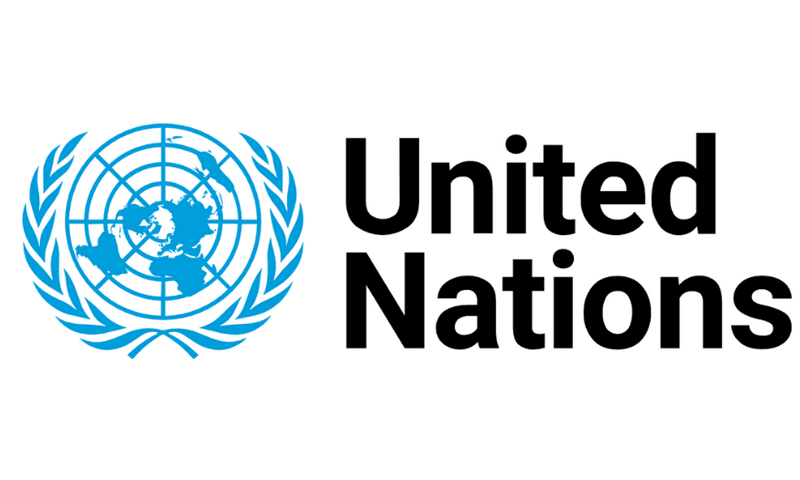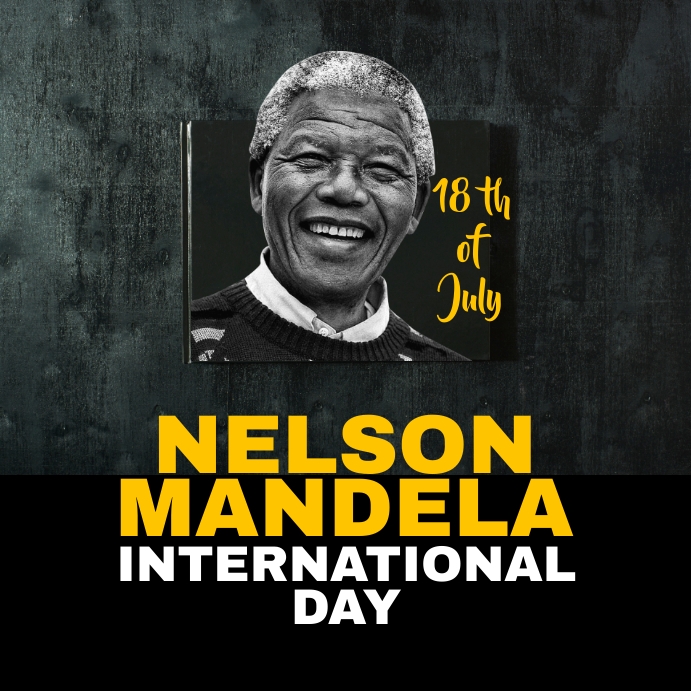World Press Freedom Day is a globally recognized day that aims to promote and protect freedom of expression, freedom of the press, and the right to access information. It is celebrated every May 3rd and marks the anniversary of the Declaration of Windhoek, a statement of press freedom principles put together by African journalists in 1991.
The origins of World Press Freedom Day can be traced back to UNESCO’s 1991 Seminar on Promoting an Independent and Pluralistic African Press, which was held in Windhoek, Namibia. During the seminar, African journalists produced the Declaration of Windhoek, which called for a free, independent, and pluralistic press worldwide. This document has since become a landmark statement in the fight for press freedom.
The UN General Assembly recognized the importance of press freedom and adopted a resolution in December 1993, which declared May 3rd as World Press Freedom Day. The goal of this day is to highlight the importance of press freedom and to remind governments of their responsibility to respect it. As individuals interested in press freedom and environmental issues, your support is crucial in this endeavor.
World Press Freedom Day serves as a reminder that the right to freedom of expression is a fundamental human right, and that a free, independent, and pluralistic press is essential to a healthy democracy. It also provides an opportunity for journalists and media professionals to reflect on issues of press freedom and professional ethics, and to raise awareness of the challenges faced by journalists in different parts of the world.
The day is also an occasion to pay tribute to journalists who have lost their lives in the line of duty. According to the Committee to Protect Journalists, more than 1,400 journalists have been killed since 1992, and many more have been imprisoned, harassed, or threatened. The day reminds us of the dangers that journalists face while carrying out their work, and the need to ensure their safety and protection.
World Press Freedom Day is celebrated through various events, seminars, and conferences around the world. These events bring together journalists, media professionals, civil society organizations, and government representatives to discuss issues related to press freedom and to advocate for its protection. The day also serves as an opportunity to assess the state of press freedom throughout the world, and to defend the media from attacks on their independence.
Therefore, World Press Freedom Day is an important day that celebrates and promotes press freedom and the right to access information. It provides a platform to reflect on the challenges faced by journalists and media professionals worldwide, and to highlight the importance of a free, independent, and pluralistic press in promoting democracy and good governance.
The world is facing unprecedented environmental challenges that require urgent attention and action. In 2024, World Press Freedom Day will focus on the role of journalism in the face of the global environmental crisis. This theme will explore how journalists can effectively communicate complex environmental issues, hold governments and corporations accountable for their environmental actions, and promote public understanding and action on these issues. The importance of journalistic work in raising awareness and promoting democratic values cannot be overstated.
Journalists face significant obstacles in seeking and disseminating information on contemporary environmental issues such as climate change, deforestation, pollution, and biodiversity loss. For instance, they have reported on the devastating effects of deforestation in the Amazon rainforest, the rising sea levels due to climate change, the pollution caused by industrial waste, and the loss of biodiversity in various ecosystems. These issues are complex, and ensuring their visibility is crucial for promoting peace and democratic values worldwide.
However, disinformation campaigns, which are deliberate efforts to spread false or misleading information, challenge knowledge and scientific research methods, posing a serious threat to pluralistic and informed public debate. For instance, campaigns denying the existence of climate change or spreading misinformation about its causes can undermine international efforts to address this global issue. Disinformation about environmental issues can lead to a lack of public and political support for climate action, effective policies, and the protection of vulnerable communities affected by climate change.
Journalists must report accurately, timely, and comprehensively on environmental issues and their consequences, as well as on possible solutions. This requires a comprehensive strategy that includes: preventing and protecting against crimes committed against journalists, such as physical attacks or legal harassment, ensuring the rights to freedom of expression and access to key sources of information, combating disinformation through journalism, promoting the plurality, diversity, and viability of media, and ensuring that the governance of digital platforms fosters the transparency of technology companies, their accountability, due diligence, user empowerment, and content moderation and curation based on international human rights’ standards. Each of these actions is crucial for maintaining a free and independent press, which is essential for addressing environmental issues.
Promoting media and information literacy programs is also important to empower users with skills to engage and think critically in the digital environment. By doing so, journalists can play a pivotal role in shaping public opinion, holding policymakers accountable, and promoting sustainable development. The need of the hour is for journalists and media organizations to be more committed than ever to their role as watchdogs of democracy and the environment, and your understanding and support are vital in this process.
Ensuring freedom of press in Pakistan requires a comprehensive strategy that involves various stakeholders. Firstly, the government needs to uphold the constitutional right to freedom of expression and the press and protect journalists from harassment, intimidation, and violence. This can be achieved by enacting and implementing laws that guarantee press freedom and provide legal recourse for journalists who face threats or harassment. Secondly, media organizations and journalists must be independent and accountable, and operate with professional ethics and integrity. This requires training and capacity building programs that equip journalists with the necessary skills to report on sensitive issues, as well as self-regulatory mechanisms that ensure accountability and transparency. Thirdly, civil society organizations and international organizations can play a crucial role in advocating for press freedom and monitoring violations. They can provide legal and financial support to journalists and media organizations, document attacks on journalists, and raise public awareness on the importance of press freedom. Lastly, public support for press freedom is essential. Citizens can show their support by consuming diverse media, engaging in public debate, and demanding accountability from their elected representatives. A free and independent press is crucial for promoting democracy, good governance, and human rights in Pakistan, and must be safeguarded.

















































